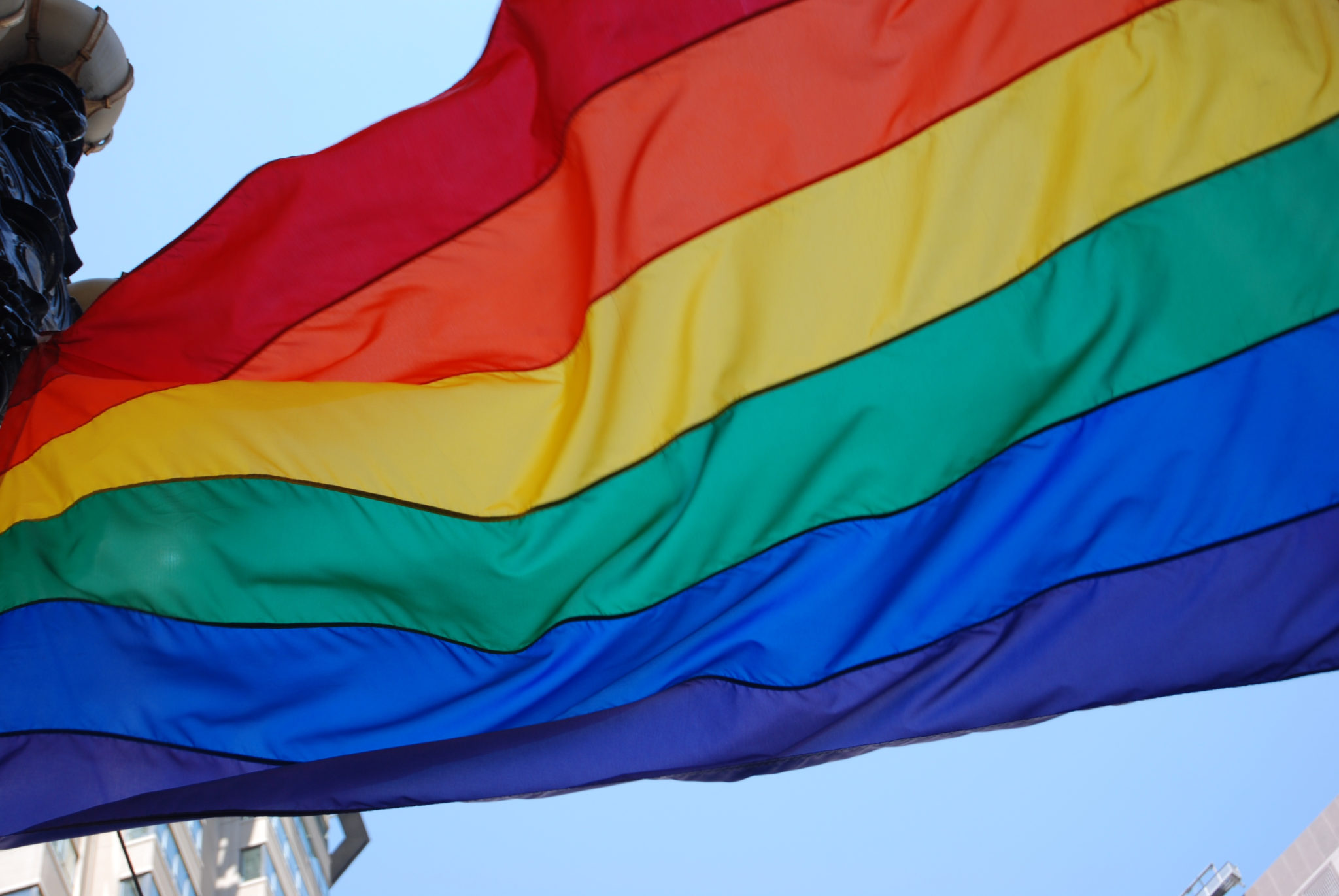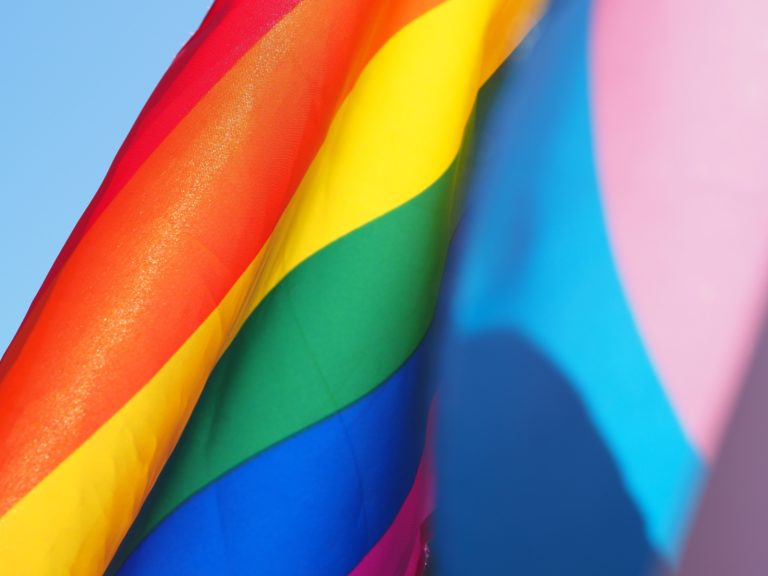To celebrate pride month, we’re highlighting some of the amazing people who paved the way…
Pride and Politics: Elected Officials Who Broke the Rainbow Ceiling

June is Lesbian, Gay, Bisexual, Transgender, and Queer Pride Month–a necessary time to reflect on LGBTQ+ leaders’ impact on American politics and government. While much progress has been made toward achieving more diverse representation across local, state, and federal elected offices since Harvey Milk won a seat on San Francisco’s Board of Supervisors in 1977 as one of the first openly gay politicians in the United States, activists say that a recent growing wave of anti-LGBTQ policies may stymie equality. For traditionally marginalized communities like the LGBTQ+ population, political representation is a powerful equalizer.
As a recently out bisexual woman with political aspirations, seeing people honor historical and current LGBTQ+ leaders is affirming. Being publicly LGBTQ+ was once a barrier to entry into politics and government. Yet despite all the setbacks, hardships, and hate LGBTQ+ people have experienced, our identity remains a celebration of freedom, individuality, and hope. According to the Victory Institute, a non-profit organization dedicated to elevating openly LGBTQ+ people at all levels of government, the number of LGBTQ+ leaders continues to rise nationally–currently standing at over 1,000 officials serving in governorships, and statehouses, mayoral offices in the U.S. Senate, and the U.S. Congress.
While LGBTQ+ candidates are winning primaries and shattering the rainbow ceiling, the partisan divide is stark. Seventy-three percent of openly LGBTQ+ elected officials are Democrats, while only 3 percent are Republicans.
Read on to learn about a few trailblazing LGBTQ+ politicians who are openly serving:
- Delaware Senator Sarah McBride (D-SD-1)
In 2020, Sarah McBride became the first transgender state senator in America. She is a graduate of American University and previously served as a spokesperson for the Human Rights Campaign, the largest national LGBTQ equal rights organization. A passionate advocate for universal healthcare, McBride is the Delaware Senate Health & Social Services Committee chair.
- Chicago Mayor Lori Lightfoot (D-IL)
Lori Lightfoot was the first LGBTQ+ Black woman elected mayor of a major American city in 2019. Lightfoot attended the University of Michigan for her undergraduate studies and earned a law degree from the University of Chicago. Lightfoot worked as a Congressional staffer and an Assistant United States Attorney before running for office. A fervent advocate for criminal justice and police reform, Lightfoot has extensive experience on civilian oversight boards.
- New York City Councilman David Carr (R-CD-50)
David Carr is the sole openly gay Republican elected to office in New York City. Before he began his term on the New York City Council in 2021, Carr was a Congressional staffer and a Chief of Staff to several local elected officials. Carr represents Mid-Island and is a graduate of Georgetown University.
- Governor Kate Brown (D-OR)
In 2015, Kate Brown became the first openly bisexual person elected governor in the United States. Brown has expanded affordable housing and made more investments in homelessness prevention programs than any previous Oregon governor. Brown received her law degree in Environmental Law from Lewis and Clark’s Northwestern School of Law and has focused on increasing state sustainability efforts and resilience against climate change throughout her tenure.
- Congresswoman Sharice Davids (D-KS-3)
Sharice Davids became the first Native lesbian elected to U.S. Congress in 2018. Davids, a former mixed martial artist, attended Johnson County Community College and the University of Missouri–Kansas City. After receiving her law degree from Cornell University, Davids was a White House Fellow under the Obama Administration. Davids is the Vice-Chair of the Committee on Transportation and Infrastructure and the Chair of the Subcommittee on Economic Growth, Tax, and Capital Access.






